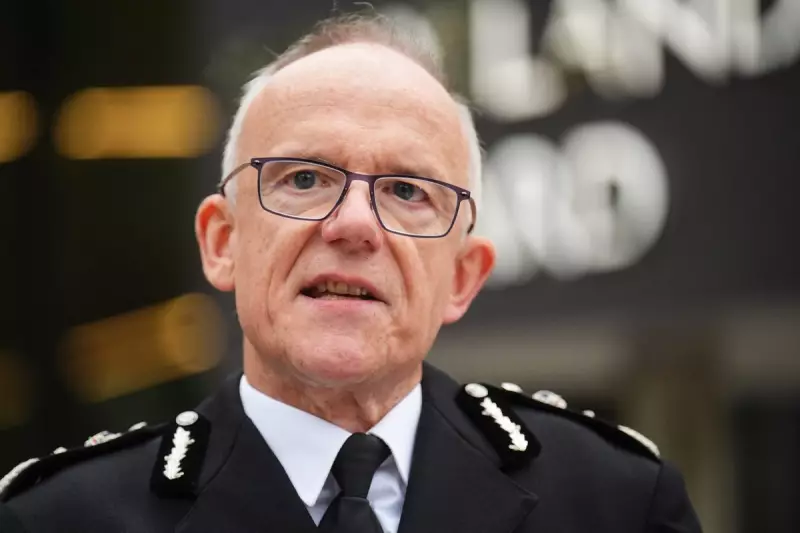
The Commissioner of the Metropolitan Police, Sir Mark Rowley, is facing intense scrutiny after counter-terrorism officials controversially classified the direct action group Palestine Action as an extremist organisation.
Internal documents from the Counter Terrorism Policing network, obtained by The Independent, reveal the group has been added to a watchlist of extremist groups that should be reported to the government's Prevent programme. This designation places Palestine Action alongside recognised terrorist organisations and has triggered alarm among human rights advocates.
Free Speech Concerns Raised
Legal experts and civil liberties organisations have expressed serious concerns about the implications for free speech and legitimate protest. The classification means that anyone displaying support for the group - including sharing their social media content - could be flagged to Prevent officers.
Palestine Action, known for targeting arms companies with links to Israel, has engaged in non-violent civil disobedience including painting buildings and blocking entrances to factories. The group insists its activities are solely focused on property damage to facilities it claims supply weapons to Israel.
Metropolitan Police Under Pressure
Sir Mark Rowley, who leads the UK's largest police force, now faces difficult questions about the decision-making process behind this classification. The move comes amid heightened political sensitivity around pro-Palestinian activism following recent conflicts in Gaza.
A spokesperson for Palestine Action condemned the designation, stating: "This is a clear attempt to criminalise legitimate protest and silence voices opposing the arms trade. We have always been transparent about our methods of non-violent direct action."
Growing Backlash
The decision has sparked criticism from multiple quarters:
- Human rights organisations warning of chilling effects on protest rights
- Legal experts questioning the evidence basis for the classification
- Political figures expressing concern about policing impartiality
- Academic researchers noting potential impacts on community relations
The Metropolitan Police has declined to comment on specific security classifications, maintaining that counter-terrorism decisions are made based on careful assessment of available intelligence.





